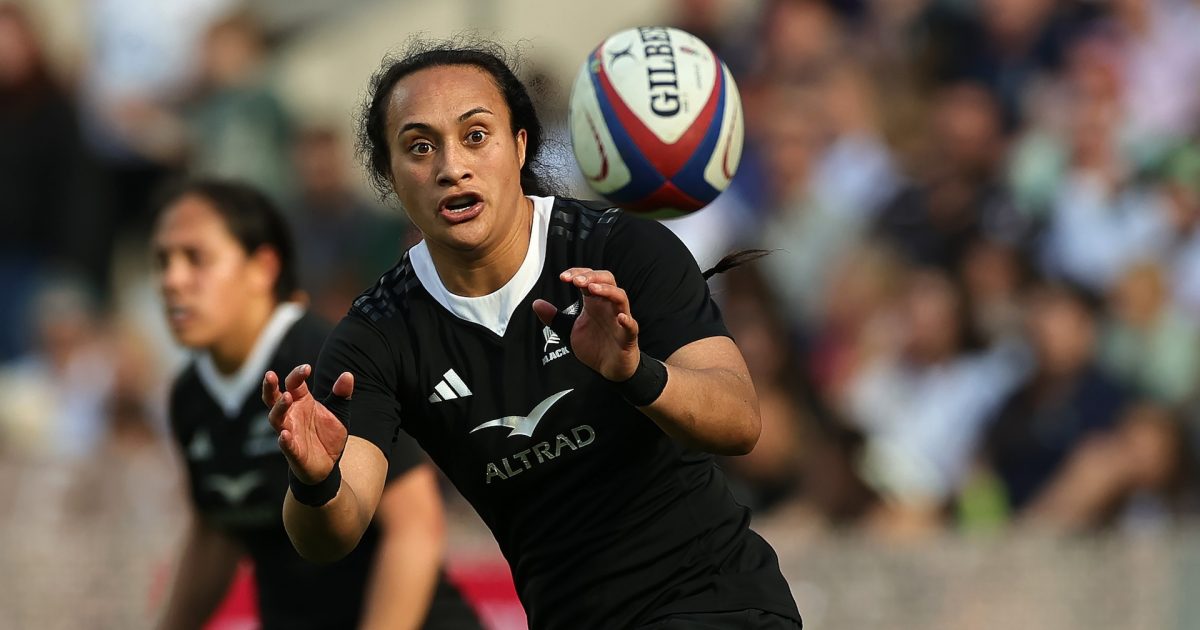Gilbert unveil 'iconic' Women’s Rugby World Cup 2025 ball

Gilbert have unveiled the ball for the Women’s Rugby World Cup 2025 with exactly one year to go until the final at Twickenham.
The British sports equipment manufacturer has supplied the ball for every iteration of the World Cup since 1991 and has continued its relationship with World Rugby by unveiling a ball that embodies the “unique energy of rugby, combining technical excellence with creativity and innovation”.
With a blend of white, pink, yellow, gold and black, the vibrantly-coloured ball has been created to guarantee visibility for players and spectators in all conditions.
The ball is designed to ensure optimal performance for the players by minimising ink coverage and maximising grip properties.
The tournament gets underway on August 22 next year and will run for six weekends in England.
“With just one year to go until an historic final at Twickenham Stadium, we are thrilled to unveil the official Women’s Rugby World Cup 2025 ball with our partner Gilbert,” Women’s Rugby World Cup 2025 managing director Sarah Massey said.
“We look forward to seeing this iconic ball in action next year, with rugby’s biggest stars showcasing their talent and athleticism on the world stage.”
Gilbert Rugby Commercial CEO Richard Gray added: “We are delighted to confirm our renewal with World Rugby including the Women’s Rugby World Cup 2025, which we are incredibly excited for. The new RWC 2025 ball looks fantastic and we’re looking forward to seeing it at the centre of the game and in fans’ hands as we build toward the kick-off in under a year.
“At Gilbert we are committed to continuously improving, elevating and supporting the game we love – at all levels – for both players and fans. Our partnership with World Rugby enables us to deliver for the game we love, across the world, as we support Women’s Rugby World Cup and a number of junior tournaments in 2025.”




































































If improvements can be made in gripping the ball or its aerodynamics, why is it not rolled out immediately?
Is there a link to the reveal?